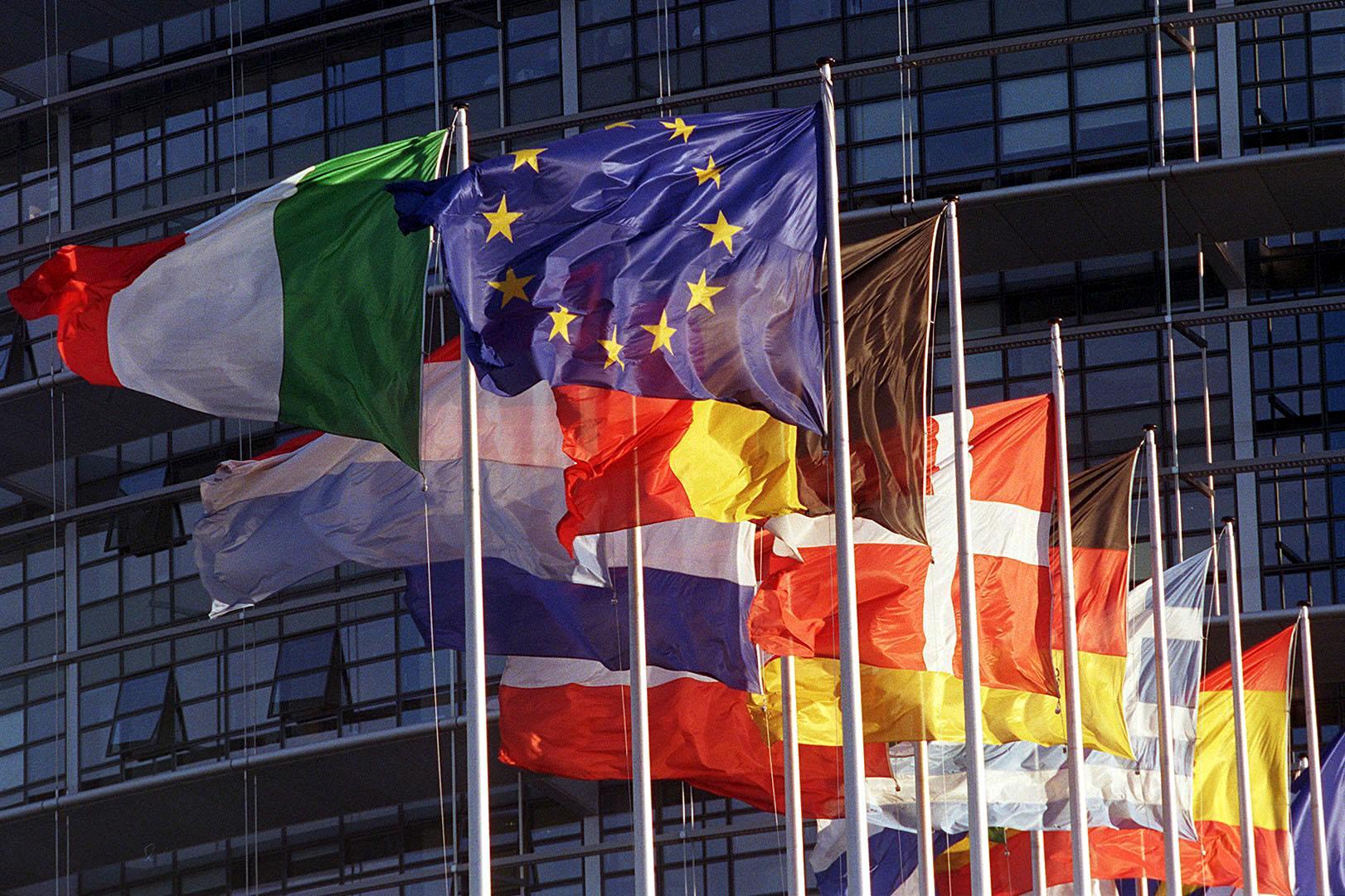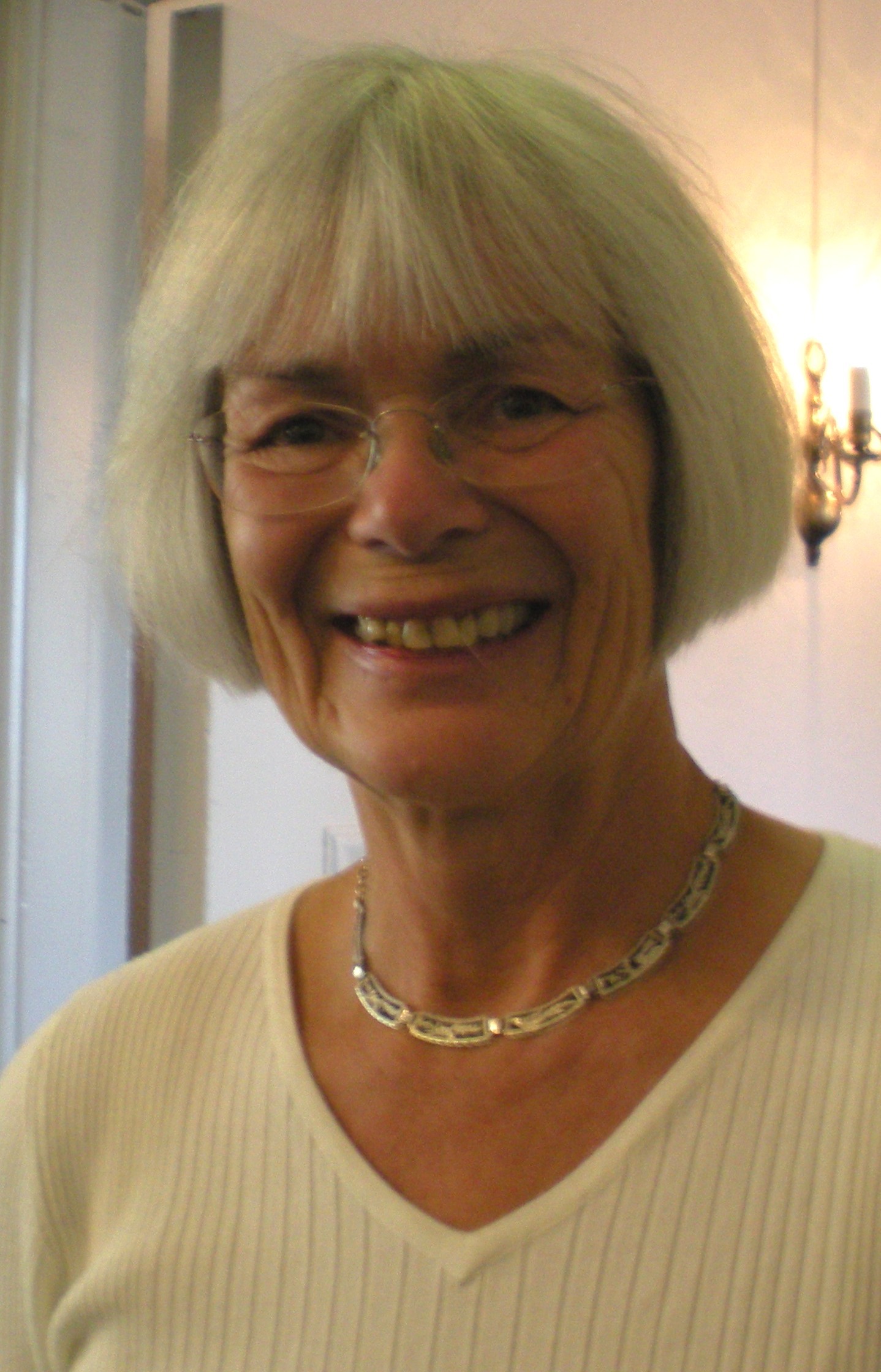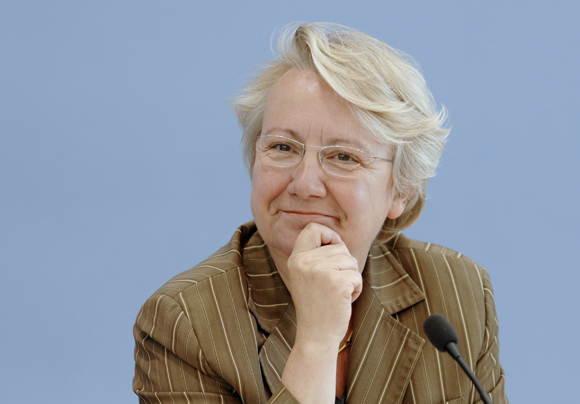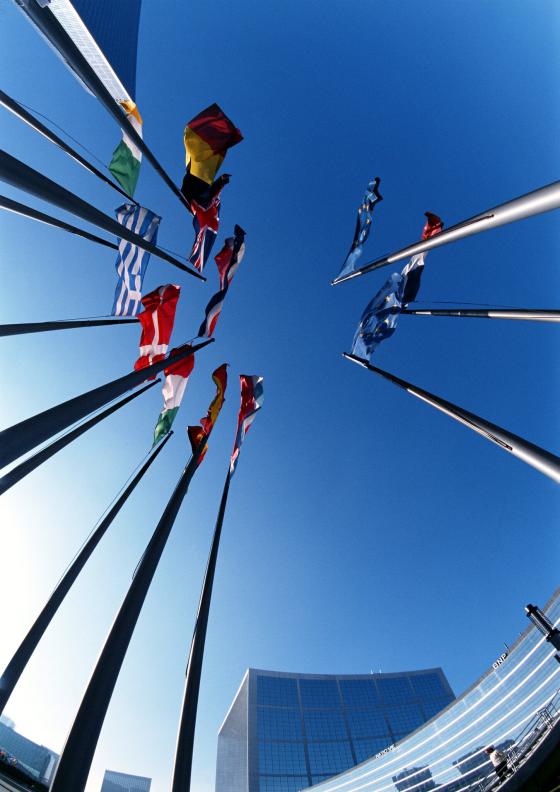Wants to change EU regulations
The government won’t stop at earmarking posts for female scientists. Now Tora Aasland states that the goal is to change the EU regulations concerning this issue.

Earmarking scientific posts for women on the National budget for 2009 is only the beginning, Minister of Research Tora Aasland said in a speech she gave at the No to the EU’s women’s conference in Oslo on Saturday October 11. A crowded auditorium witnessed the minister’s promise to work actively to promote women in science.
"We want to push the boundaries as far as possible within EU law," the minister said.
She stressed that she considers the earmarking of posts for women a necessary measure to increase the ratio of women in academia. "Earmarking is the most important and most efficient tool that we have," Aasland emphasized.
In the National budget for 2009, which was presented last week, fifteen percent of post doc. and PhD posts were earmarked for women. This measure will aim specifically at getting more women into academic fields that currently have a low percentage of women. Most of these subjects are found within the Natural sciences.
A new start for earmarking
In 2003 an EFTA court ruling thwarted the Norwegian use of earmarking of academic posts for women.
In the National budget for 2009 Norwegian politicians want to reintroduce this measure. The main issue in the 2003 ruling revolved around permanent posts. In next year’s National budget funding is earmarked for temporary posts. That way the government wants to evade EEC law. Aasland said that the government has been in contact with the ESA regarding the implementation of the new earmarking initiative.
"We wish to establish an arrangement that pushes the envelope," Aasland said.

She stresses the importance of knowing one’s way around EU law in order to get this measure in place.
"It would be a pity if we were to get turned down again, the Minister of Research said. She explained that the court ruling from 2003 had been a great setback for gender equality in academia."
An obstacle to gender equality policy
Aasland stressed that the EFTA court usually interprets EEC regulations more strictly than the EU court does. She also stated that EU law in itself is an obstacle to the government’s gender equality policy at Norwegian universities.
"The EU represents an unnecessary and in many ways annoying impediment to women in science," the minister stated.
"In this instance the EU is an obstacle to an efficient gender equality policy. The competition policy is such an integral part of the EU system that it sets aside the need for fairness," Aasland said.
Wants to change the law
The minister stated that the government aims to change EU law on this matter.
"We also have to try to influence the countries that are close to the decision-makers," Aasland said.
Through talks and debates with their network of colleagues in other countries Aasland wants to change EU law from within.
"I believe we can cooperate with countries and politicians in the EU. I have had several talks with the French ambassador to Norway regarding this matter. She is a woman and very interested in gender equality issues," the minister said.

She also spoke of the German Minister of Education Anette Schavan as a politician who wants to make the EU more gender equality and affirmative action friendly.
"We have a job to do. Part of this job must be done within the EU," the Minister of Research said.
Calls for a Nordic alliance
Aasland pointed to the Nordic conference for researchers, Quality 2009, which is held in Oslo in March next year, as an important arena to discuss these questions with the EU. The main topic at the conference will be gender equality and the quality of research. The conference will mainly be attended by Nordic participants, but several European research communities will also be represented. The conference is hosted by the Ministry of Education and Research, The Research Council of Norway, the Nordic Gender Institute (NIKK), Committee for Mainstreaming – Women in Science, and the Association for Gender Studies in Norway (FOKK).
"This will be a chance to coordinate the debate in Nordic research communities and to commence talks on how the EU best can help increase the number of women in academia," Aasland concluded.
Translated by Vigdis Isachsen
